Join my community and receive my free ebook! Subscribe now >>
Find Out How Food Addiction Affect Your Brain
Fixing Your Brain Chemistry
You know it is said your food addiction is a matter of personal responsibility. That people should exercise self-control, and should avoid over-eating, reduce the intake of sugar-sweetened drinks and processed food. This is great in theory! But what happens biologically when the food is processed, like say sugar, fat and salt-laden foods; and made inside a plant instead of grown on a plant?
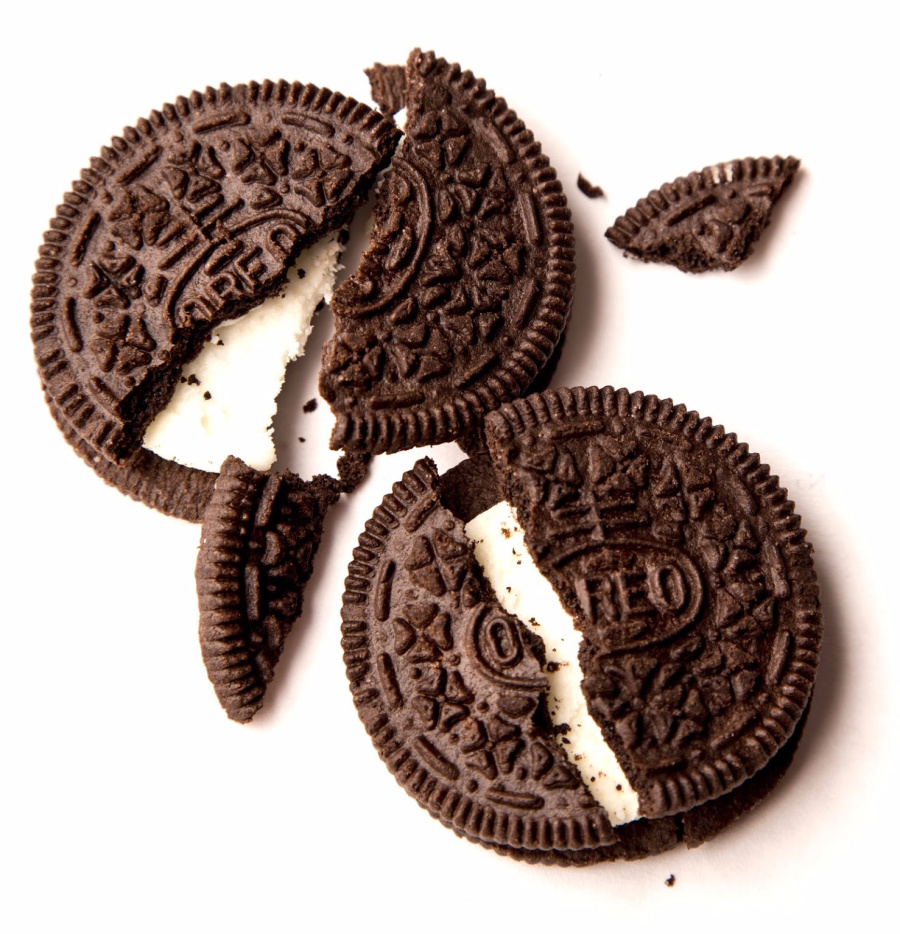
Does it then become biologically addictive?
For instance, and if we are being honest with ourselves, can you eat only one cookie or one potato chip or just a spoon of ice cream? We inhale a plate of cookies, a bag of chips and if we are not careful a pint of ice cream in a minute.
But when was the last time you binge on fruits and vegetables? No one binges on whole foods – broccoli, kale, blueberries, no one.
So are you addicted to food or have no willpower and just love to eat? Would you like to find out if there are specific biological mechanisms that drive your addictive food behavior? Nobody chooses to be an addict. Lets rewire your brain chemistry.
There are specific biological mechanisms that drive addictive behaviors. I am sure no one chose to become an alcoholic or a drug addict, or is even aware of the effect it has on their high blood pressure, diabetes or any other chronic diseases. Also, nobody chooses to have a food addiction.
Here’s where the brain comes in.
Food Addiction And Brain Imaging
The brain’s neurochemical reward centers override normal willpower, and in the case of food addictions, overwhelm the ordinary biological signals that control hunger. This happens because the vast majority of our foods is processed and includes sugar, fat, and salt, all combined in ways to be addictive.
There’s no getting away from it, we are biologically wired to crave these foods and to eat as much of them as possible.
Brain imaging shows that obese people and drug addicts have lower numbers of dopamine receptors. This then has them more likely to crave things that will boost it.
Here’s proof that food is indeed addictive:
- Foods high in fat and sweets stimulate the release of morphine like chemicals in the brain.
- Over time people develop a tolerance to sugar - needing more to satisfy themselves. Excess salt for their taste buds.
- People experience "withdrawal" when suddenly cut off from sugar.
The cycle increases and goes on and on. So are you addicted to food?
Chronic Illnesses Related To Food Addiction
Why is it so hard for people to lose weight despite the social stigma, despite the health consequences that are linked to high blood pressure, diabetes, heart disease, arthritis and even cancer?
And remember, these people have an intense desire to lose their weight. It is not because they love being fat, and being in pain.
It is because, certain types of foods that are made chemically affects the way people are biologically wired.
So what can you do to get a handle on this craving, this food addiction?
Start Your Journey on Creating Health
Now that you are aware that your food addiction is not totally your fault, the next step is taking control on creating a plan for yourself and your family.
Yes you can create your health. You only need to learn what are your obstacles and the ingredients you need to generate health.
I know they say eat your vegetables, exercise and more. But that alone does not connect all the dots of your health problems.
You have to know and remove the obstacles of toxins, stress, poor diet and add in the ingredients of fresh foods, whole foods, nutrients, sleep, love, relationships, purpose, and spirituality.
When you do this, the many symptoms of chronic illnesses changes and you are on your journey to becoming healthy and whole.
One-On-One Coaching Guidance
I offer one-on-one coaching that guides you on that journey by preparing your mind, identify obstacles and connecting you to your motivation, define your health goals – that includes psychological and social, preparing your healthy kitchen and falling back in love with cooking.
Contact me at Donna@info-on-high-blood-pressure.com and lets get started today.
Return To Effects Of High Blood Pressure From Food Addiction
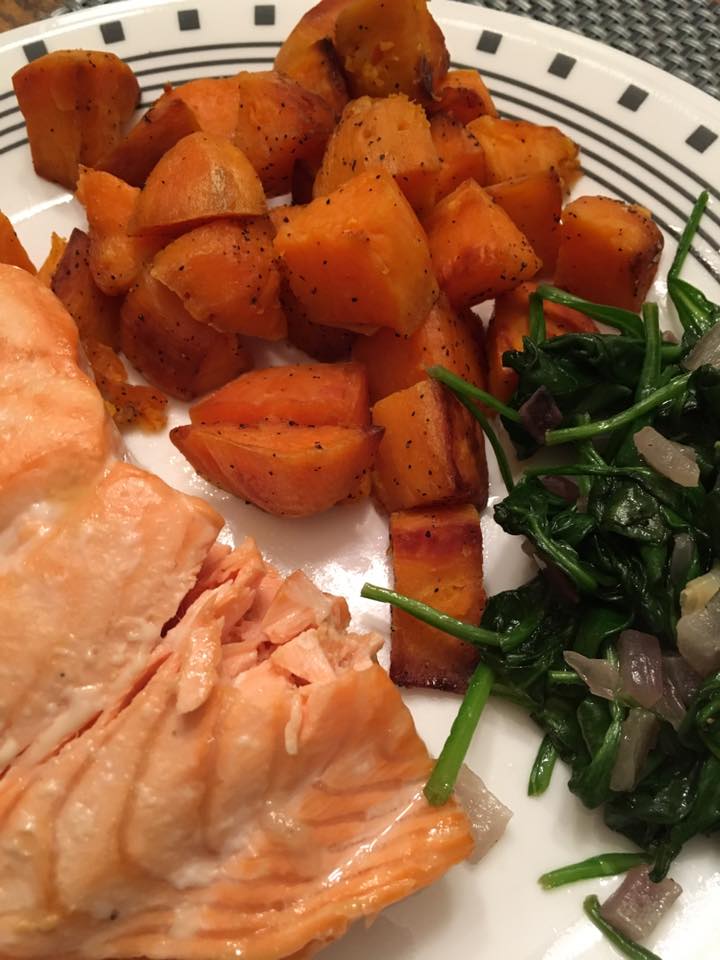

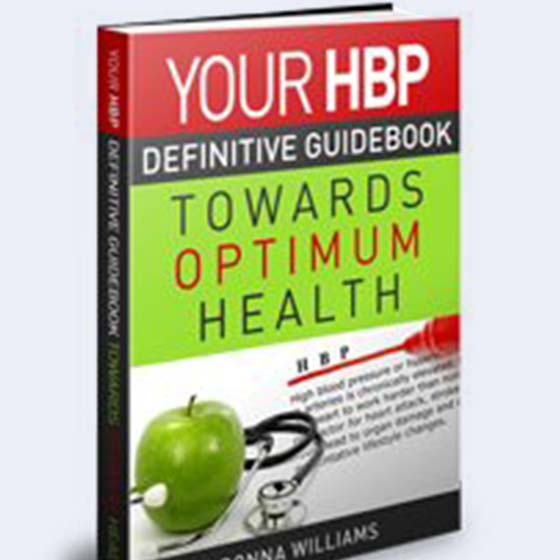
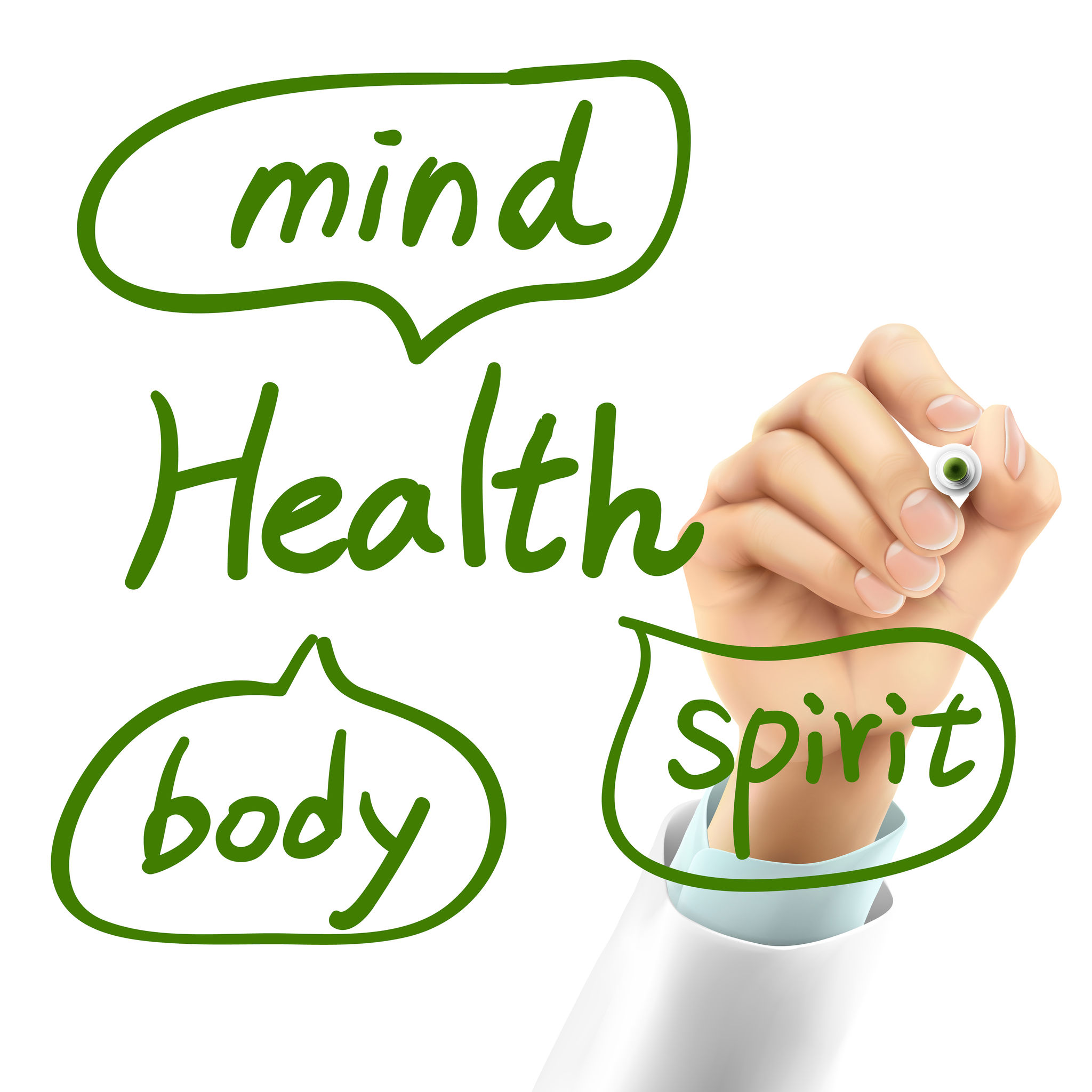
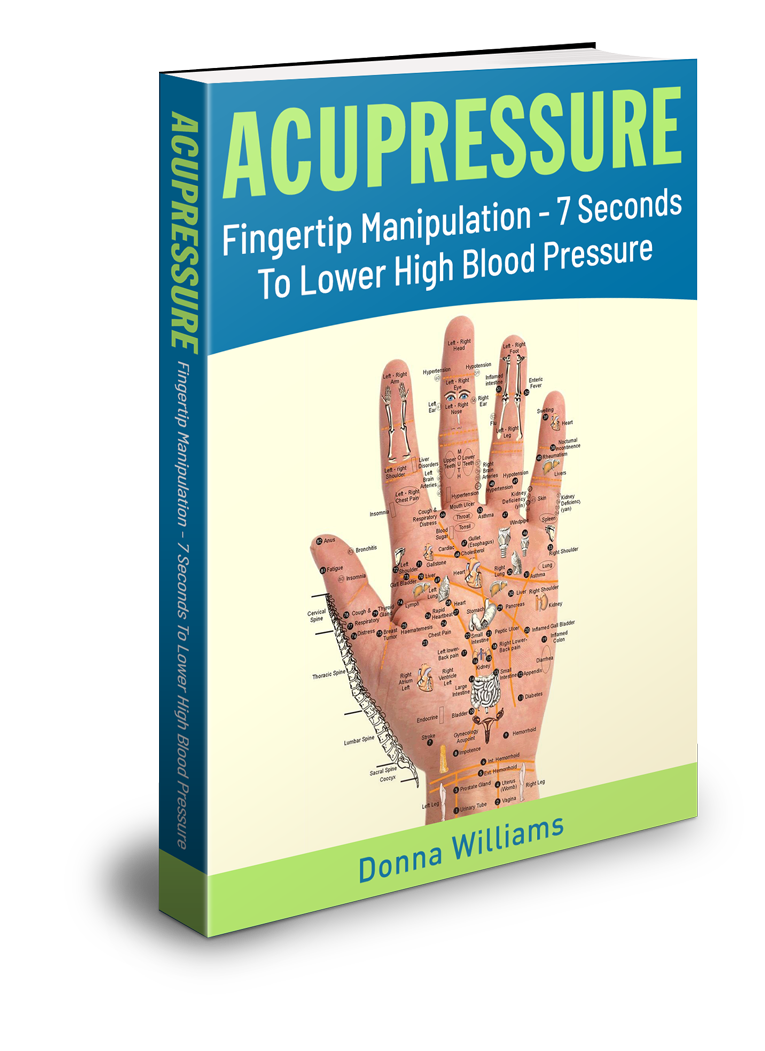
New! Comments
Have your say about what you just read! Leave me a comment in the box below.